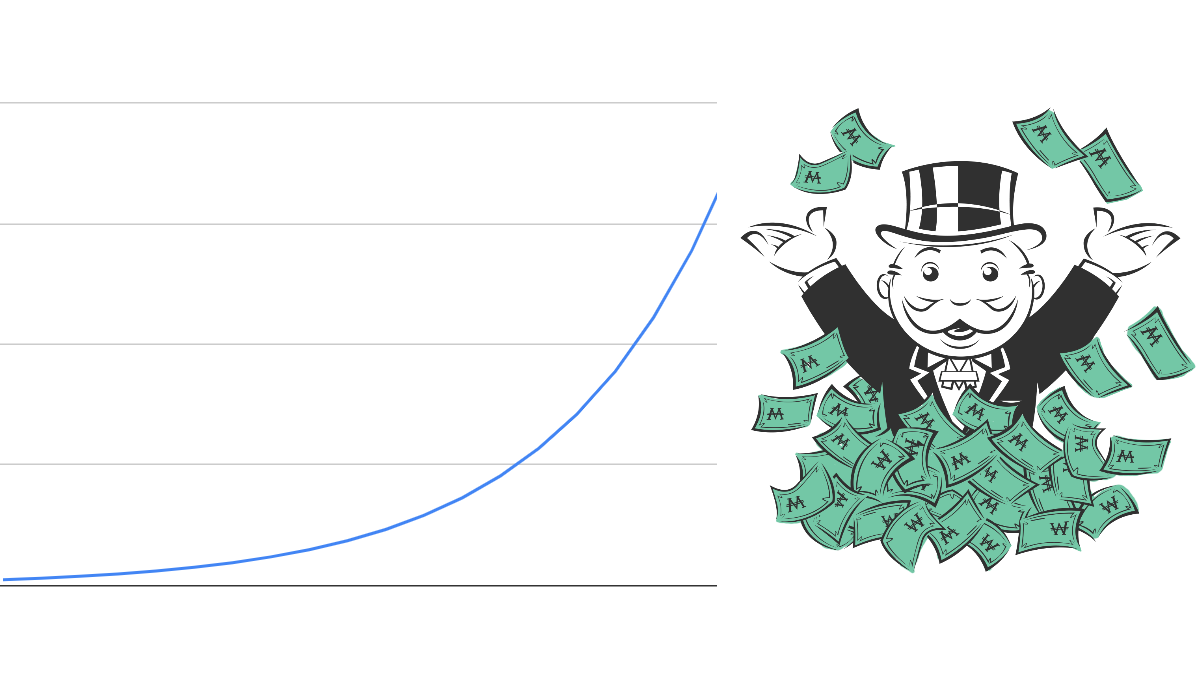You can become a real estate millionaire. I have done it, and I did it while raising a family and working a full-time job. It’s not a short term process. It’s hard work, but it’s doable by almost anyone. This article will show how to become a millionaire real estate investor. I will show you ten steps that actually work, and if you follow them diligently, you, too, can become a millionaire.
1 Start doing it
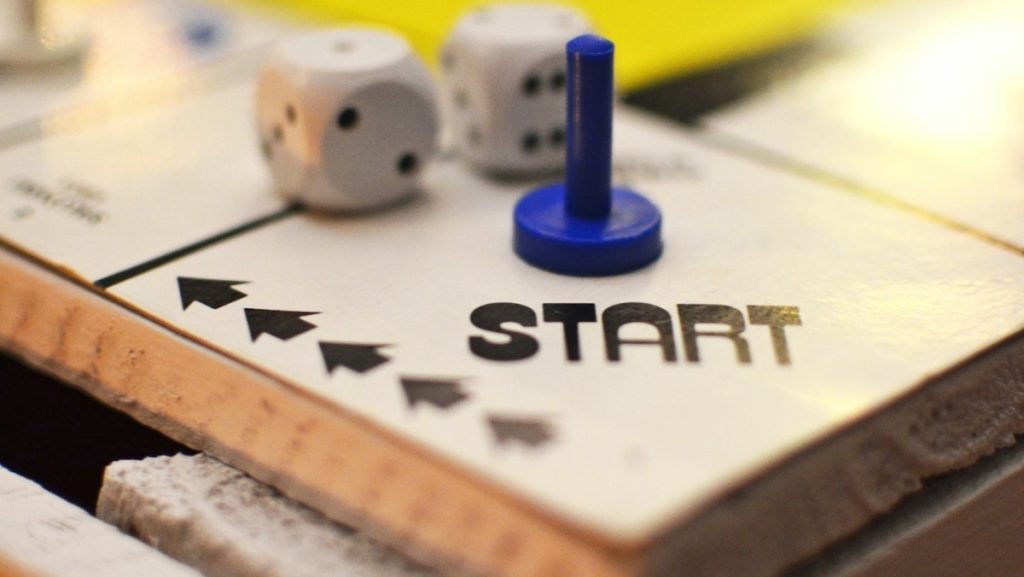
Stop studying real estate investing and start doing real estate investing. That’s how to become a millionaire real estate investor; start with becoming an investor. It sounds simple, but many would-be investors spend too much time studying the topic. They read motivational books, attend expensive seminars and scour the web for bland information. Ultimately, they do everything they can to be a real estate investor except invest in real estate.
If you are stuck at this stage, it’s time to become an active investor. Stop the procrastination, get over the analysis paralysis, and buy an investment property. The first step is to stop researching different strategies and make offers on real estate. Make as many offers as possible, and you will eventually get a property. This is the start of your journey to becoming a successful investor.
“Know value, find opportunity, and make deals.”
–Gary Keller, co-founder and chairman of the largest real estate franchise in the world.
2 Start with single-family rentals
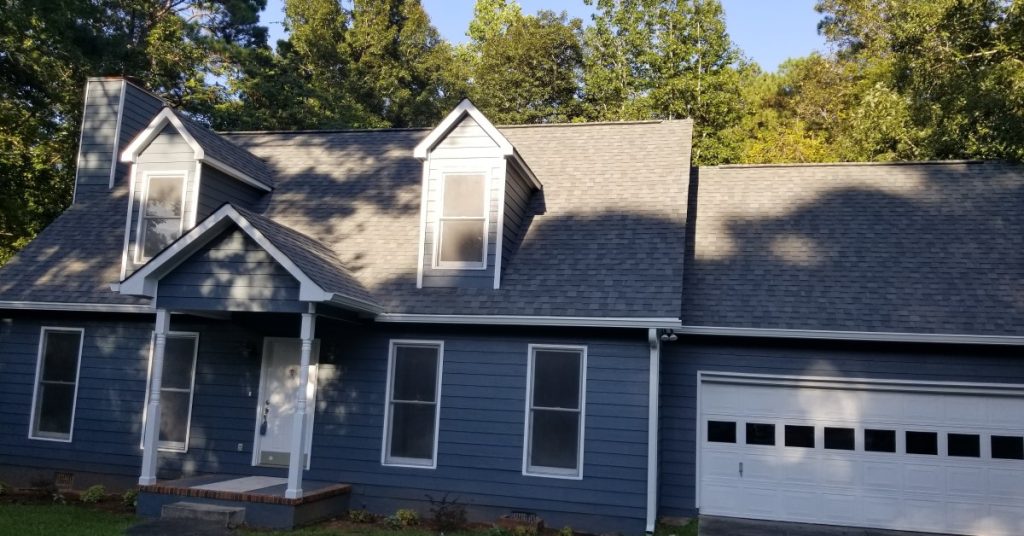
Single-Family Rentals (SFR) are the easiest for real estate investors to own. These properties are plentiful, easy to understand, and provide excellent tax benefits. Owning and managing single-family homes is a great way to build a stable foundation in real estate investment while introducing you to the nuances of owning properties.
Steady Rental Income
Single family rentals can provide landlords with a steady stream of rental income. Unlike multi-unit properties, single-family rentals tend to have longer lease terms and lower vacancy rates, which can help ensure consistent cash flow.
Lower Maintenance Costs
Single-family rentals tend to have lower maintenance costs compared to multi-unit properties. Since there are fewer units to maintain, landlords may be able to save money on repairs and upkeep.
Easier Management
Managing a single-family rental can be easier than managing commercial real estate. With only one residential unit to oversee, landlords may be able to save time and effort on tasks such as tenant screening, rent collection, and maintenance.
Higher Tenant Satisfaction
Tenants often prefer single-family rentals because they offer more privacy and space than apartment buildings. This can lead to higher tenant satisfaction and longer lease terms.
Appreciation Potential
In addition to monthly income, rental property investing allows an investor to participate in appreciation. Many of these properties appreciate, providing landlords with the potential for long-term capital gains.
Managing a rental house portfolio can be more straightforward and less complex than managing commercial real estate due to fewer tenants, simpler lease agreements, less maintenance, and lower risk. However, it’s important to note that each type of property has unique challenges and considerations, and property management requires careful attention to detail regardless of the type of investment. If you are about to buy your first rental property, read my free guide, which teaches you everything you need to know about buying a rental house.
3 Never pay too much for a property

Paying too much for a property is why people fail at real estate investing. The number one skill that successful real estate investors must cultivate is the ability to acquire properties at a significant discount to market value. Pause for a moment and let that last sentence sink in; this is the key to all real estate investing. The best way to get a great investment is to start with only great deals. Getting a good deal on a property investment is one of the best wealth generators, and it’s essential for succeeding in real estate investing.
In general, stick to buying a property around 50 times the rent (the 2% rule) and adjust this multiple down for added hassle and unattractive neighborhoods. It’s hard to find these properties, but I’ve been able to buy more than 70 over the last 15 years. Investing less than 50 times the rent is one of the best ways to ensure positive cash flow, and this is a powerful wealth-building tool.
I didn’t know about the 2% when I bought my first three properties and overpaid. These properties were a drain until I could finally sell them after 14 years. Financial journalist Rebecca Lake was written about the 2% rule, and my data has validated it. For details on why you must pay no more than 50 times the rent, check out my article that teaches readers exactly how much they should pay for a rental house. This is how you become a millionaire real estate investor.
4 Passive Income – Cash flow is king

Passive income refers to income that is earned without actively engaging in regular work. In other words, the money comes in regularly without requiring ongoing effort or time. Investing in a rental house is hard work, but the income is passive once you have the house and a stable tenant. Rent is earned each day and shows up automatically with minimal ongoing effort.
Cashflow is what’s left of your rental income after covering all expenses and debt service. If your cash flow is low or negative, you’ll have difficulty staying in business and may not be around to take advantage of market appreciation. Start with paying the right price, then consistently collect the proper rent, and manage the expenses wisely. This will give you a positive and growing cash flow, and you can weather most storms and see your wealth compound.
5 Stick to your formula

When investing in real estate, it’s essential that you develop a formula for your purchase price. This formula will give you a maximum purchase price based on the local real estate market, property value, rental income, and the cost of the renovations. This purchase price is the most important number you will need to become a millionaire real estate investor.
Most importantly, once you have this formula, you must stick to it. As a savvy real estate investor, your procedure may evolve, but all changes are based on data and experience. In more demanding and challenging markets, it may be difficult to find a deal, but never adjust your formula to make a deal work. Stick to the formula, pass on properties that don’t meet your criteria, and hold out for the right deal.
Bonus tip: That formula should ensure you never invest more than 50 times the monthly rent for a rental house.
6 Use leverage
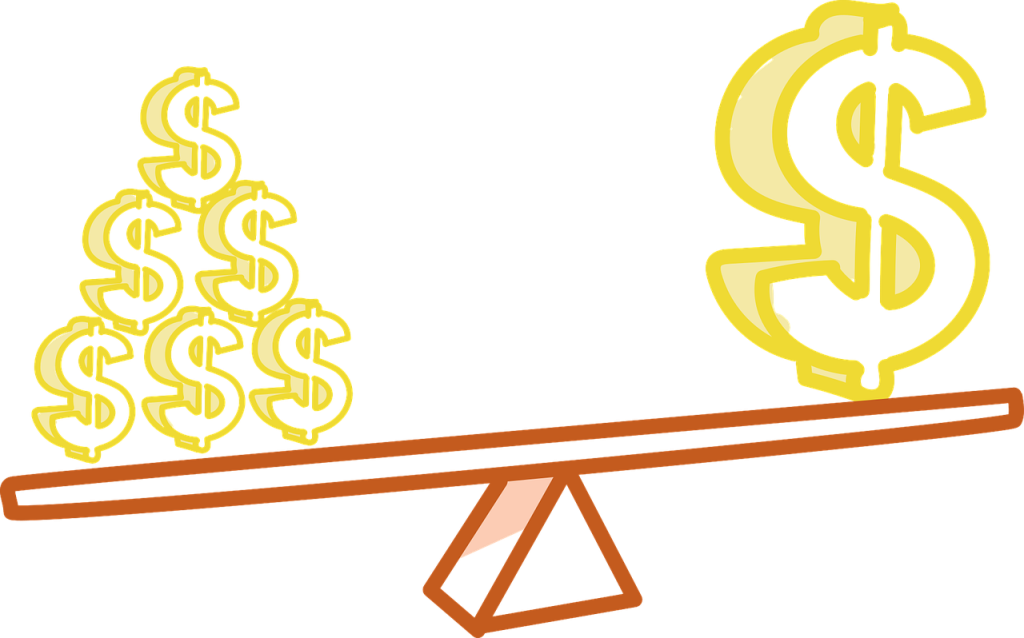
Leverage means using debt to purchase investment real estate. You may have heard that accumulating debt is terrible, but that’s not the case when this debt is for purchasing cash-flowing assets that appreciate over time. If you wisely buy a million dollars worth of real estate using a loan, you have added a million dollars to your net worth once you have paid off the loan using your tenant’s money.
You may have heard about using other people’s money. Building a real estate portfolio using the bank’s money, and making the mortgage payment using the tenant’s money, is a fantastic way to increase your financial wealth. This technique will amplify our wealth creation, and you are on your way to becoming a millionaire real estate investor.
7 Learn the relevant banking
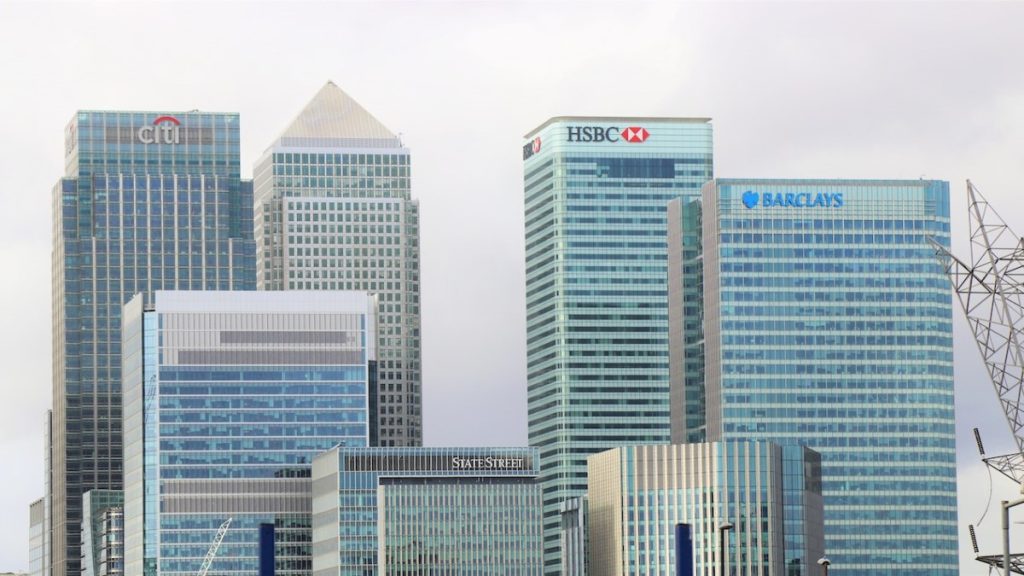
You’ve likely never heard of this topic when studying real estate investment, but it’s essential. You should take an interest in banking and learn how different loans work, how banks make their decisions, and what programs are available. Nearly all millionaire real estate investors are near experts in the mechanics of lending money.
Don’t rely on a single lender. The lending landscape is everchanging, so shopping around is a good idea. Mortgage brokers, who work with many lenders, are an excellent resource for finding the right mortgage.
You should also grow your banking relationships as your portfolio grows. Loan officers, accountants, and lawyers will all have unique insights into banking, and you will frequently work with people in these professions. This is your business, not swinging a hammer or unclogging a toilet.
To fully understand the lending options available, check out my tutorial on getting a loan for a rental property.
8 Scale your Real Estate Business
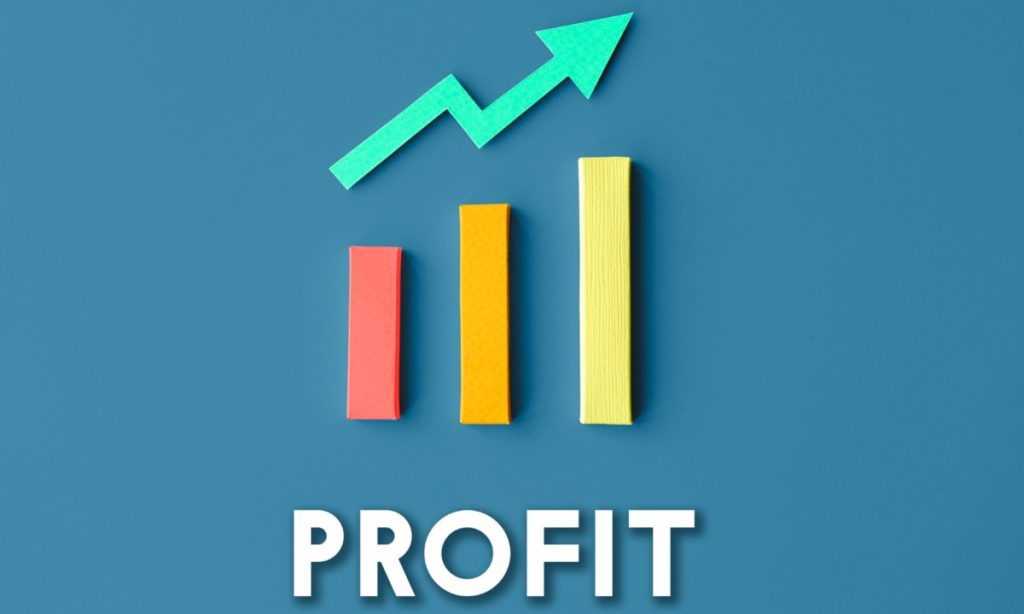
Scaling your real estate business means growing your revenue faster than the rising costs. As you add properties, costs such as property insurance will increase while things like accounting stay nearly the same. Ensure that your business plan takes advantage of these economies of scale.
The time needed to deal with tenants and maintenance issues will increase as you add properties, and eventually, you will be out of time. Your time commitment for financing a 5-property package is nearly the same as a 10-property package, and these are the things that should consume your time. To scale effectively, it’s paramount that you delegate responsibilities and hire employees to free your time to do the vital work. Scaling is the way to accumulate millions with real stating investing.
Scaling your rental property investments is a great way to add wealth on your way to becoming a millionaire real estate investor. However, owning multiple properties presents unique financing challenges. To guide you on this journey, read my primer on financing multiple properties.
9 Move to Larger Properties
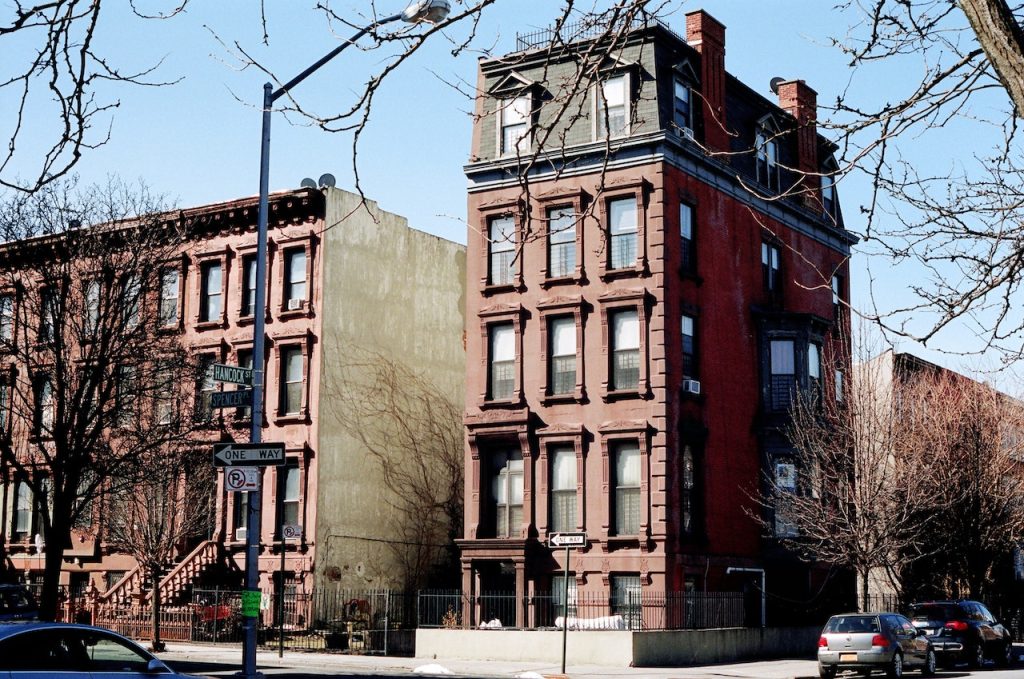
After your real estate portfolio grows to a significant number of units, adding an additional unit isn’t substantial. Over time, the additional units add up, but the progress is slow. Once you have mastered the nuances of residential real estate, it’s time to move into multiple-family properties. By purchasing multi-family real estate, such as apartment buildings, you increase the growth rate of your portfolio and open yourself to economies of scale that increase efficiency.
There is a reason this tip is so far down the list. Ensure you have a firm residential real estate investing foundation, sound formulas, and an efficient process. As you move to this step, each investment will be a significant portion of your portfolio and personal wealth, and a misstep can be devastating. Use your experience correctly, and this step will give you a signification increase in wealth.
After mastering multi-family residential properties, you can consider commercial real estate, but the fundamentals of this strategy are vastly different. Fortunes are made in residential real estate, but commercial properties are where a real estate tycoon is created. Make sure you have a firm grasp of that business before you jump in.
10 Wait

Becoming a millionaire from real estate investing takes time. Building your rental portfolio, one house at a time may seem tedious, but it adds to your net worth. Follow all the rules above, be patient, and your wealth will grow over time.
Rents increase, but loan payments stay the same, increasing your cash flow. A portion of every loan payment you make (the principal) is buying equity without you having to find a house. On top of all this, most properties will appreciate over time, and that’s how to achieve financial freedom. To see how waiting compounds wealth, read my article about what happens if you buy a single property each year.
Conclusion
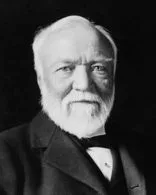
“Ninety percent of all millionaires become so through owning real estate.”
The key to becoming a millionaire by investing in real estate is to develop a successful system and continue to implement that system over a long period. Over time, this approach will increase your monthly cash flow and net worth.
You start by sticking to your purchase formula and using leverage to acquire single-family rental properties at a price under market value. After that, manage the properties efficiently to provide passive income and build wealth. Scale your business by increasing the number of properties in your portfolio to take advantage of economies of scale. After you have a solid base, consider branching out into multi-tenant buildings or commercial real estate. If you do all of this successfully, you only need to wait for the mortgage balance to go down, and your net worth will soar.
It has been over 15 years since I purchased my first property. Over that time, I have followed the steps outlined above and have accumulated a portfolio of rental properties valued at nearly 7 Million dollars. My outstanding loan balances are just under two million dollars and are getting lower daily. I am, in effect, buying a little more equity every month, and soon the loans will be paid off. That is how to become a millionaire real estate investor.
